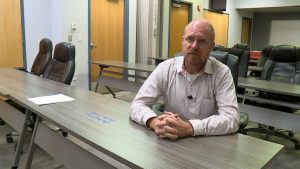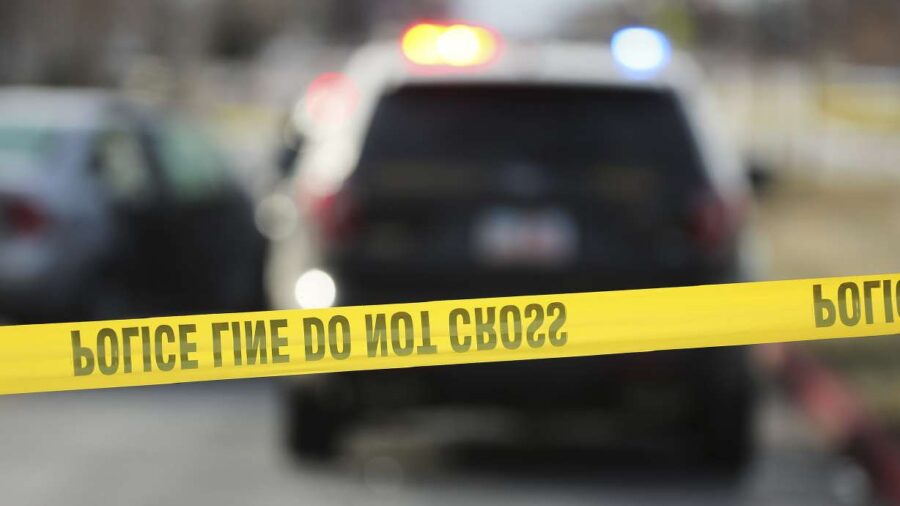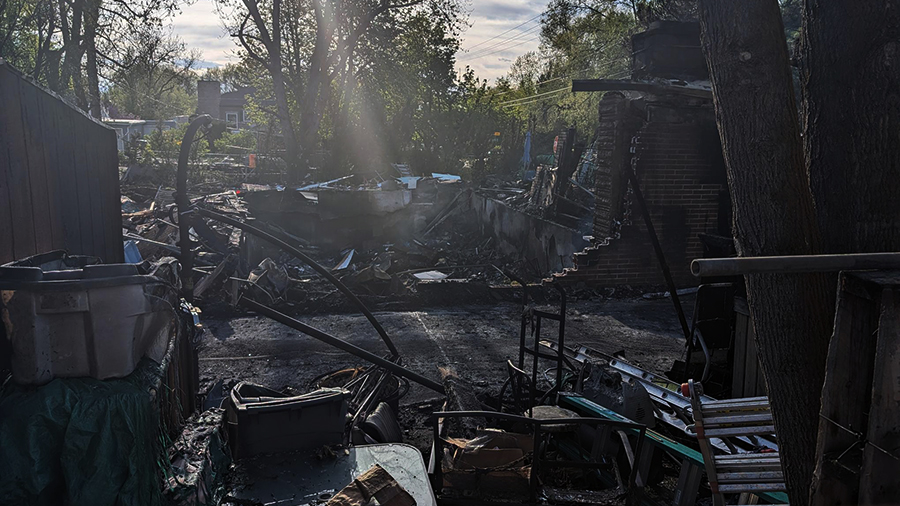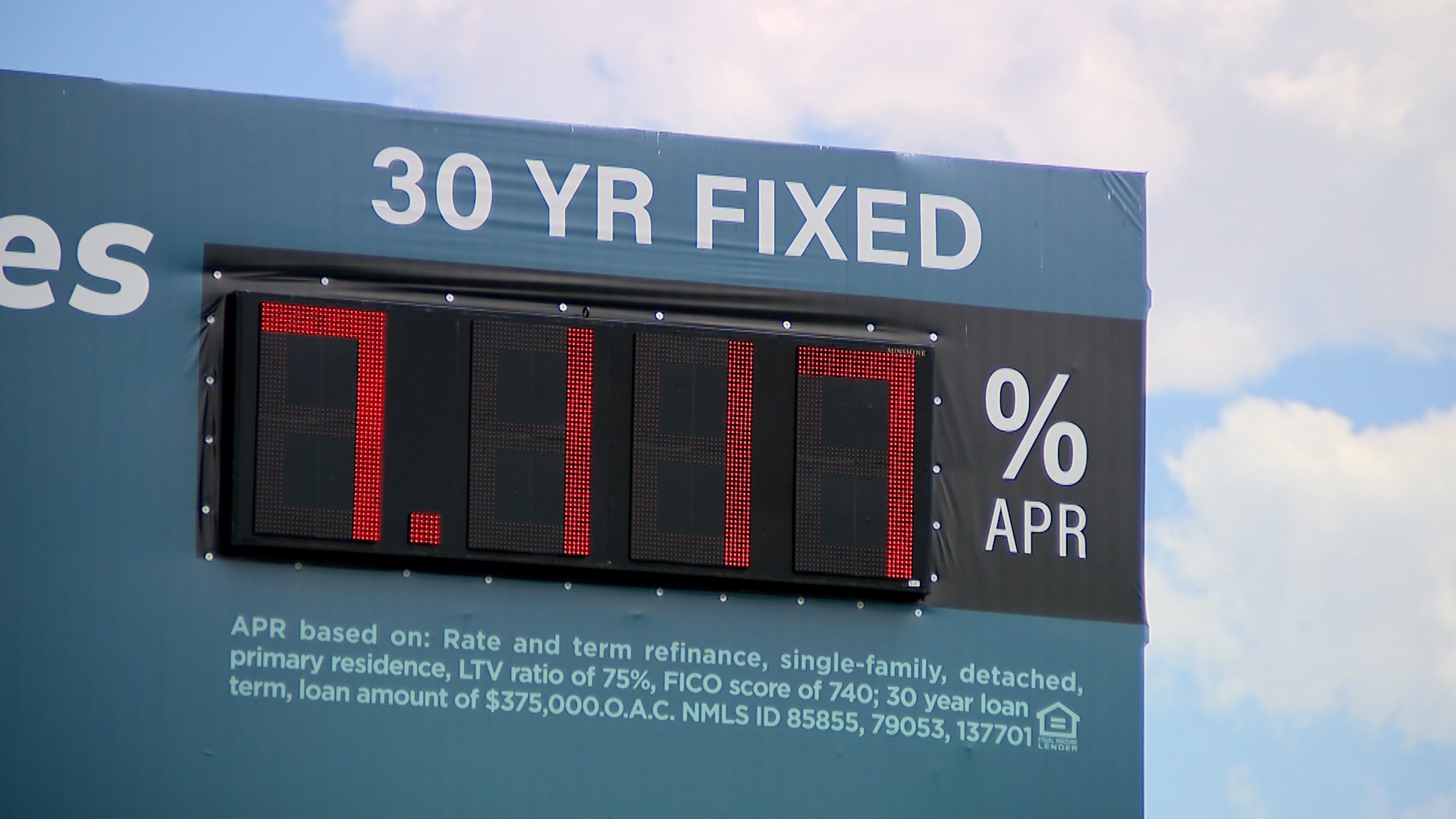Lawmaker proposes bill to help solve law enforcement ‘crisis’
Oct 13, 2021, 7:12 PM | Updated: Oct 14, 2021, 5:33 am
SALT LAKE CITY — Matt Gwynn says fewer people want a career in law enforcment and more officers are looking to get out.
He says it’s a big problem that ultimately affects their ability to respond to calls and emergencies statewide.
Few people would question that the job of a law enforcement officer is tough and often dangerous.
Gwynn says fewer people nowadays, are willing to take those risks.
“Attrition has been a problem, and recruitment has been a problem, and collectively they create a crisis — and I don’t use that term lightly,” Gwynn said.
As a lawmaker and the Roy Police Chief, Gwynn sees the issues first-hand.
Through protests after the death of George Floyd in 2020 and the death of Michael Brown in 2015, he says public perception of law enforcement has changed.
But the problem that he says goes back to 2011 happened right here in Utah.
“I don’t think anybody, even those who voted in support of that bill, could have realized the problem that we’re seeing now,” he said.
Gwynn is referring to a bill that increased the number of years required for retirement to 25 years instead of 20 and also added a cooling-off year before retirees could return to public service.
“Prior to 2011, people who wanted to become police officers were generally paying for themselves, sponsoring themselves through the police academy,” Gwynn told KSL TV.
Gwynn says now all academy cadets are sponsored by hiring departments and more officers are leaving the job early.
According to a survey of officers in Utah, 65% are considering a change of career, while around 45% say they wouldn’t recommend a career in law enforcement to a friend or family member.
He calls the trend frustrating and says it’s worse for smaller departments, who often lose officers they trained, to higher-paying departments in the Salt Lake Valley.
“We have to prioritize needs over wants,” Gwynn said. “And this is something that I hope is becoming a bigger priority this year.”
Gwynn believes more lawmakers recognize the problem today, and that his new bill to essentially roll back much of those changes made in 2011 now has a better chance.
He said it could cost around $16 million to make those changes, but the bill already has unanimous support from the interim criminal justice and law committee.













